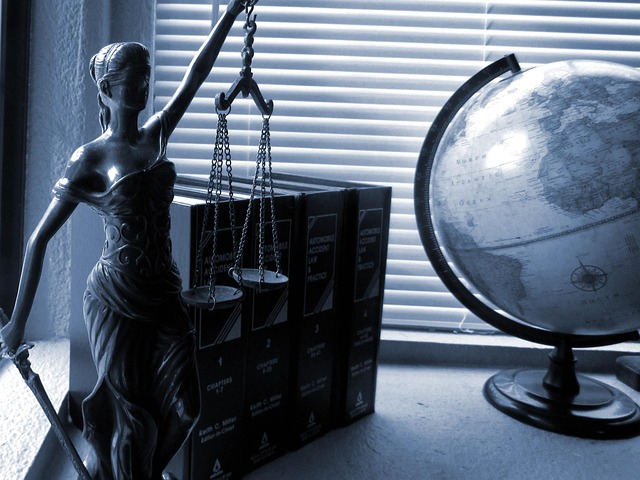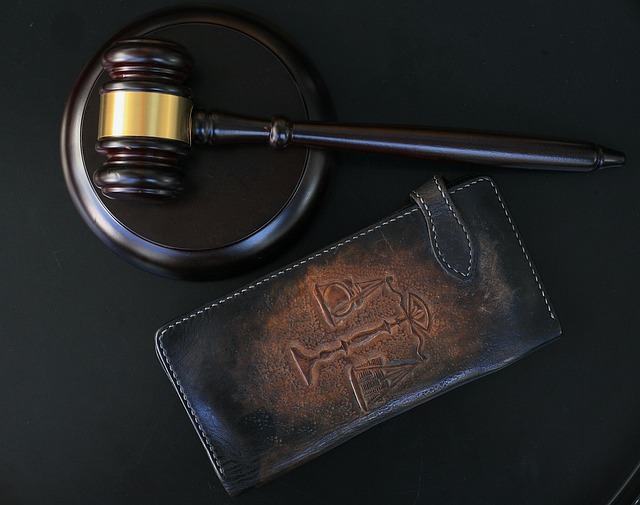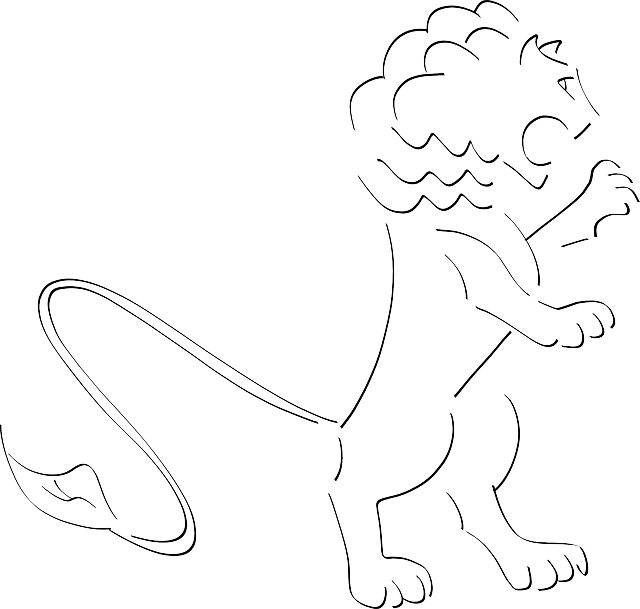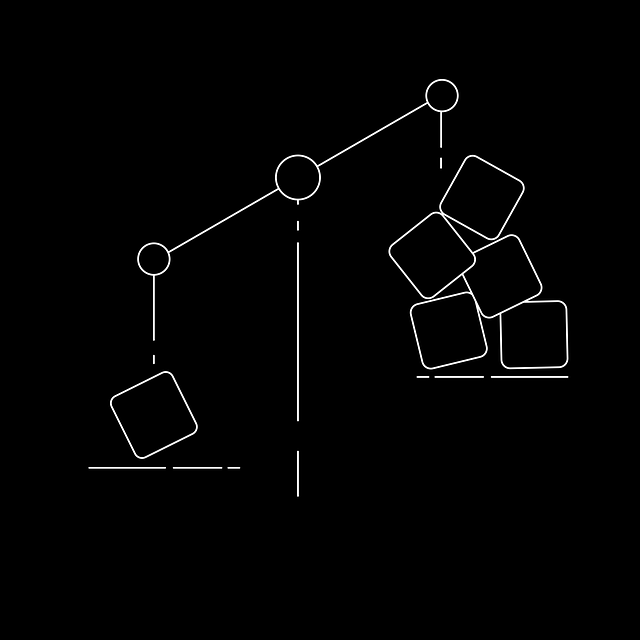Environmental Crime Trials target ecological misconduct, revealing wrongdoings in law enforcement. Key challenges include Prosecutorial Misconduct and Ethical Violations, undermining justice. Defense teams scrutinize evidence and expose inconsistencies to avoid indictment. Ensuring environmental justice requires robust investigations and transparent procedures despite system hurdles.
“Environmental Crime Trials: Holding Offenders Accountable for Harmful Actions
This article explores the intricate world of environmental crime trials, delving into the legal battles that bring polluters to justice. We examine ‘Understanding Environmental Crime Trials’ and uncover the complexities involved in ‘Prosecutorial Misconduct: Ethical Violations Unveiled’. Furthermore, we discuss strategies to ‘Addressing Justice in Environmental Cases’, highlighting the importance of stringent legal proceedings to deter future environmental crimes.”
- Understanding Environmental Crime Trials
- Prosecutorial Misconduct: Ethical Violations Unveiled
- Addressing Justice in Environmental Cases
Understanding Environmental Crime Trials

Environmental Crime Trials are legal proceedings that focus on holding individuals, corporations, or governments accountable for harmful environmental actions. These trials delve into complex issues such as pollution, habitat destruction, and resource depletion, often revealing deep-seated instances of prosecutorial misconduct and ethical violations. Understanding these trials requires a nuanced approach, considering the unique challenges posed by environmental degradation and the diverse stakeholders involved.
In high-stakes cases, both corporate and individual clients can be implicated, leading to intense scrutiny from the public and pressure from the philanthropic and political communities. The stakes are high, as the outcomes of these trials can revolutionize environmental protection laws and set precedents for future cases. Ensuring fairness and integrity within these proceedings is paramount, demanding meticulous evidence collection, expert testimonies, and a commitment to upholding ethical standards in the legal system.
Prosecutorial Misconduct: Ethical Violations Unveiled

In Environmental Crime Trials, one of the most significant challenges lies in addressing Prosecutorial Misconduct and its impact on justice. Ethical violations by prosecutors can undermine the integrity of the legal process, especially when dealing with complex environmental cases. These misconducts range from withholding crucial evidence to making false statements, aiming to sway the jury or gain an unfair advantage. Such actions are particularly concerning given the delicate nature of environmental crimes, which often involve powerful corporations and high-profile defendants, including corporate and individual clients.
When faced with these issues, defense teams employ strategic tactics to avoiding indictment and winning challenging defense verdicts. They meticulously scrutinize prosecution evidence, expose inconsistencies, and challenge the integrity of the process. By highlighting ethical violations, defense attorneys can create reasonable doubt in the minds of jurors, ultimately aiming to ensure a fair trial. This battle against prosecutorial misconduct is crucial for maintaining public trust in the judicial system and upholding the principles of environmental justice.
Addressing Justice in Environmental Cases
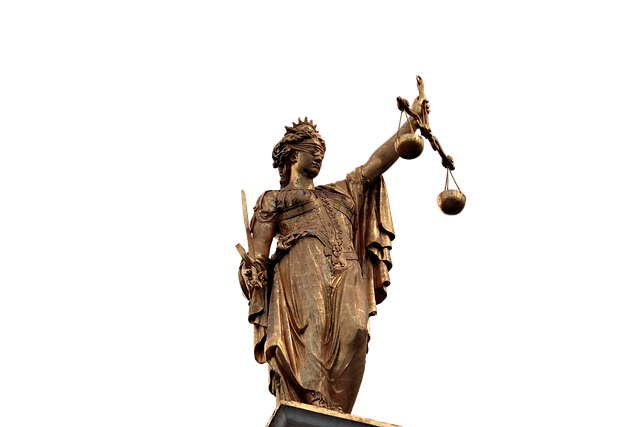
Ensuring justice in environmental cases is a complex challenge that demands meticulous handling. While the legal framework for prosecuting environmental crimes exists, addressing these issues in court can be hindered by various obstacles. One significant concern is prosecutorial misconduct and ethical violations, which can undermine the integrity of the judicial process. These may include intentional delays, selective disclosure of evidence, or even the abuse of power to favor corporate and individual clients over public interest. Such practices not only delay justice but also erode public trust in the legal system.
In addition to addressing misconduct, environmental trials require a nuanced understanding of the complex interplay between corporate entities, regulatory bodies, and the broader ecosystem. Accurately attributing liability for environmental damage, whether caused by white-collar and economic crimes or negligence, can be labyrinthine. Achieving a complete dismissal of all charges is rare, reflecting the need for robust investigative techniques and transparent legal procedures to ensure that justice is served, regardless of the defendant’s status or the complexity of the case.
Environmental crime trials, rooted in the pursuit of justice, highlight critical issues like prosecutorial misconduct and ethical violations. As these cases navigate complex landscapes, ensuring fair and transparent processes is paramount. By addressing these challenges head-on, we can foster a more equitable system that protects our environment and upholds the rule of law.

